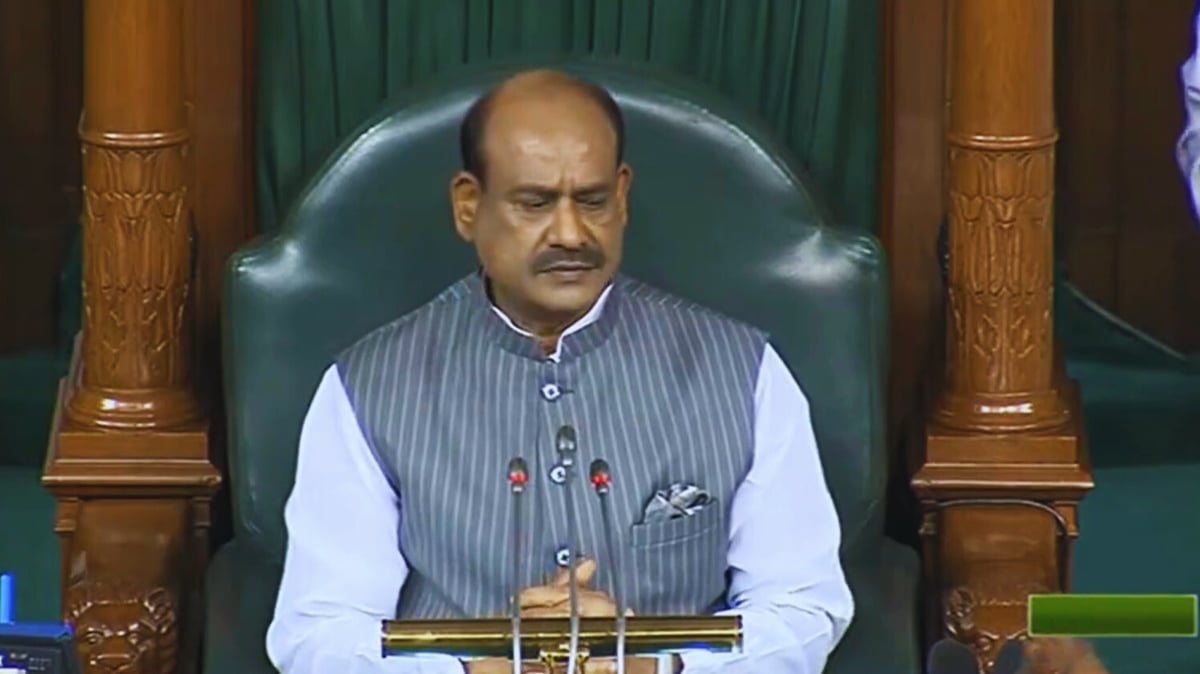New Delhi: Lok Sabha Speaker Om Birla will be inaugurating the second edition of the one-day programme “Panchayat Se Parliament” on Monday at the Central Hall of Samvidhan Sadan, as per an official statement.
The programme is being organised in commemoration of the 150th birth anniversary of Bhagwan Birsa Munda and will include workshops, sessions, and a guided tour of key locations such as the new Parliament House, Samvidhan Sadan, Pradhanmantri Sangrahalaya, and Rashtrapati Bhawan.
About The Programme
The programme will bring together 502 elected women representatives from Scheduled Tribes across 22 states and Union Territories. Its primary focus is to empower these women representatives from Panchayati Raj institutions by enhancing their understanding of constitutional provisions, parliamentary procedures, and governance. The programme also aims to recognise the contributions of these representatives in areas such as education and rural development.
Interactive workshops and sessions will also be held, moderated by experts and Members of Parliament. Topics will include constitutional provisions related to women, with a special focus on the 73rd Amendment and the The Provisions of the Panchayats (Extension to the Scheduled Areas) (PESA) Act, as well as government schemes addressing tribal issues.
The Lok Sabha Speaker will also lead the delegates in reading the Preamble to the Constitution of India during the event.
The event will be attended by several dignitaries, including Union Minister for Women and Child Development Annapurna Devi, Chairperson of the National Commission for Women Vijaya Rahatkar, and others. Utpal Kumar Singh, Secretary-General of Lok Sabha, will deliver the welcome address, and Union Minister of Tribal Affairs, Jual Oram, will address the second session later in the day.
“Panchayat Se Parliament 2.0” follows the success of “Panchayat Se Parliament 2024,” which engaged 500 women Sarpanch from across India. The second edition aims to build upon the progress made, further strengthening the leadership skills of women, particularly in rural and tribal communities.
(Except for the headline, this article has not been edited by FPJ’s editorial team and is auto-generated from an agency feed.)
